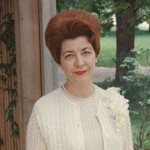iTunes | Google Play | RSS (Soundcloud) | Stitcher
Welcome to the Ada Lovelace Day podcast, highlighting the work of women in STEM. Each month, we talk to women from around the STEM world about their careers, as well as talking to women and men, about historic and modern women’s achievements, discoveries, and inventions.
Small note
We’d hoped to get this episode out at the end of last year, but technical and scheduling difficulties got in the way! This episode will be the last for a while, as we are focusing other projects.
In this episode
00:42: Dr Carola Schönlieb talks about how she uses maths to develop new ways to process images.
31:47: We look at the invention of the Laserphaco Probe, a device that uses lasers to remove cataracts, by Dr Patricia Bath.
35:35: Hilary Harper-Abernethy talks about the life and works of astronomer Caroline Herschel.
Our interviewees
Dr Carola-Bibiane Schönlieb
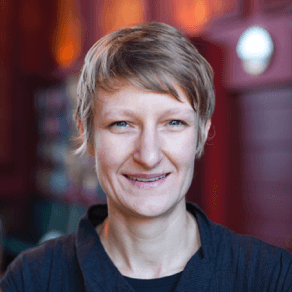
Dr Carola-Bibiane Schönlieb is a Reader in Applied and Computational Analysis, head of the Cambridge Image Analysis (CIA) group at the Department of Applied Mathematics and Theoretical Physics (DAMTP), University of Cambridge. She specialises in the mathematics of digital image and video processing using partial differential equations and variational methods. Her team’s research includes the modelling and analysis of these methods, as well as developing their real-world applications.
She has won several prizes, including the London Mathematical Society’s Whitehead Prize in 2016 “for her spectacular contributions to the mathematics of image analysis”, and the Philip Leverhulme Prize in 2017. She is the 2018 Mary Cartwright Lecturer of the London Mathematical Society, and has been a Fellow of the Alan Turing Institute since 2016.
Hilary Harper-Abernethy
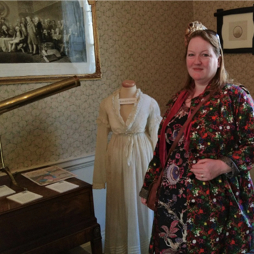 Hilary Harper-Abernethy is a is an amateur astronomer and member of Liverpool Astronomical Society and Society for the History of Astronomy. Her particular passions are the moons of this solar system and the stories of influential astronomers and women in science. She is also a folk singer, and enjoys researching the long oral tradition of English folk music. Professionally she is acknowledged as a passionate advocate of mental health and wellbeing, with more than 30 years’ experience as a public health specialist and nurse. She has a track record of initiating cultural and policy change and a successful history of developing and implementing strategy. This has involved leading needs assessments, designing and commissioning mental health services and leading public mental health and suicide prevention strategy. Hilary is joint author of Social Prescribing for Mental Health – A Guide to Commissioning and Delivery (Department of Health 2009).
Hilary Harper-Abernethy is a is an amateur astronomer and member of Liverpool Astronomical Society and Society for the History of Astronomy. Her particular passions are the moons of this solar system and the stories of influential astronomers and women in science. She is also a folk singer, and enjoys researching the long oral tradition of English folk music. Professionally she is acknowledged as a passionate advocate of mental health and wellbeing, with more than 30 years’ experience as a public health specialist and nurse. She has a track record of initiating cultural and policy change and a successful history of developing and implementing strategy. This has involved leading needs assessments, designing and commissioning mental health services and leading public mental health and suicide prevention strategy. Hilary is joint author of Social Prescribing for Mental Health – A Guide to Commissioning and Delivery (Department of Health 2009).
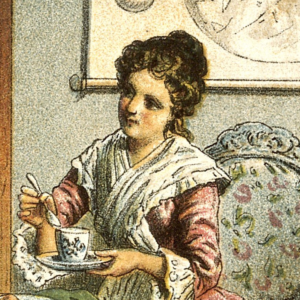
The picture shows Harper-Abernethy at the Herschel museum in Bath, England, standing next to one of Caroline Herschel’s dresses.
Hilary was talking about German astronomer Caroline Herschel. Born in 1750, Herschel discovered several comets, was the first woman to be awarded a Gold Medal of the Royal Astronomical Society and to be made an Honorary Member of the Royal Astronomical Society. Here initial astronomical work involved the organising her brother, William Herchel’s, observations but she became a keen astronomer in her own right, discovering new nebulae, comets, and writing the Catalogue of Nebulae and Clusters of Stars.
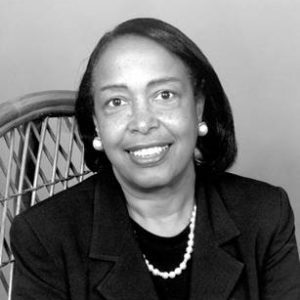 Discovery of the month
Discovery of the month
This month we look at the invention of the Laserphaco Probe, a device that uses lasers to remove cataracts, by Dr Patricia Bath.
Thanks to our sponsor
This podcast is brought to you thanks to the generous support of ARM, our exclusive semiconductor industry sponsor. You can learn more about ARM on their website at ARM.com and you can follow them on Twitter at @ARMHoldings.
Credits
Episode edited by Andrew Marks.
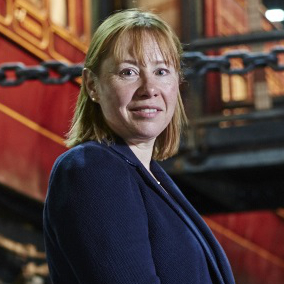 Dawn Childs is the Group Engineering Director for Merlin Entertainments Group with responsibility for engineering delivery, standards, practices and processes of the worldwide portfolio of more than 120 theme parks, resorts and attractions. This stretches over 5 continents and encompasses many UK household names such as Alton Towers, Thorpe Park, Chessington, Blackpool Tower and Warwick Castle as well as all of the SEALIFEs, LEGOLANDs, Madame Tussaud’s, Dungeons and Eyes around the World.
Dawn Childs is the Group Engineering Director for Merlin Entertainments Group with responsibility for engineering delivery, standards, practices and processes of the worldwide portfolio of more than 120 theme parks, resorts and attractions. This stretches over 5 continents and encompasses many UK household names such as Alton Towers, Thorpe Park, Chessington, Blackpool Tower and Warwick Castle as well as all of the SEALIFEs, LEGOLANDs, Madame Tussaud’s, Dungeons and Eyes around the World.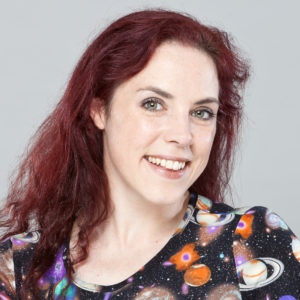 Dr Kat Arney is a science writer and broadcaster whose work has featured in the New Scientist, Wired, The Guardian, the Times Educational Supplement, BBC Radio 4, the Naked Scientists and more. In 2016, she published her critically-acclaimed first book,
Dr Kat Arney is a science writer and broadcaster whose work has featured in the New Scientist, Wired, The Guardian, the Times Educational Supplement, BBC Radio 4, the Naked Scientists and more. In 2016, she published her critically-acclaimed first book, 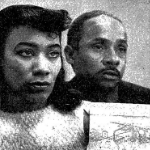
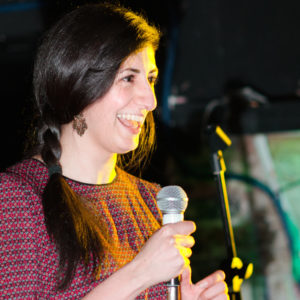
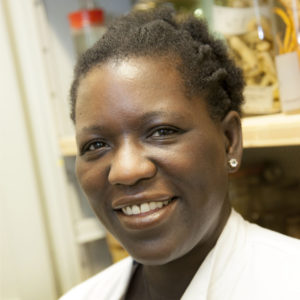
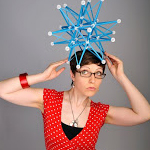
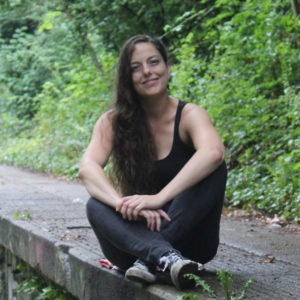
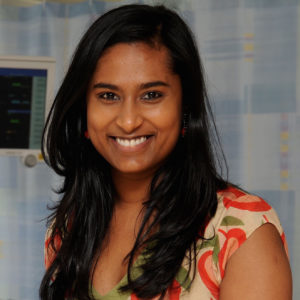
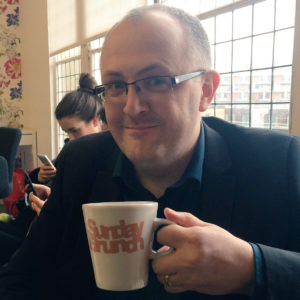
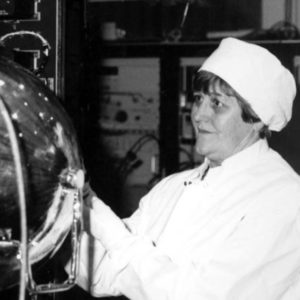 Discovery of the month
Discovery of the month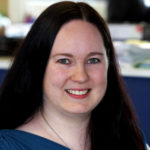
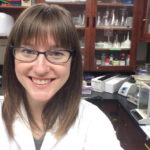 Nicole George is currently completing her Master’s of Neuroscience at McGill University, after graduating with a Bachelor’s degree in Kinesiology from the University of Windsor. She is currently studying the pathophysiology of chronic pain. You can follow her on Twitter
Nicole George is currently completing her Master’s of Neuroscience at McGill University, after graduating with a Bachelor’s degree in Kinesiology from the University of Windsor. She is currently studying the pathophysiology of chronic pain. You can follow her on Twitter 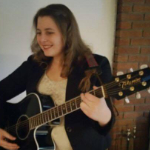
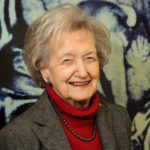 Nicole and Cordon were talking about
Nicole and Cordon were talking about 